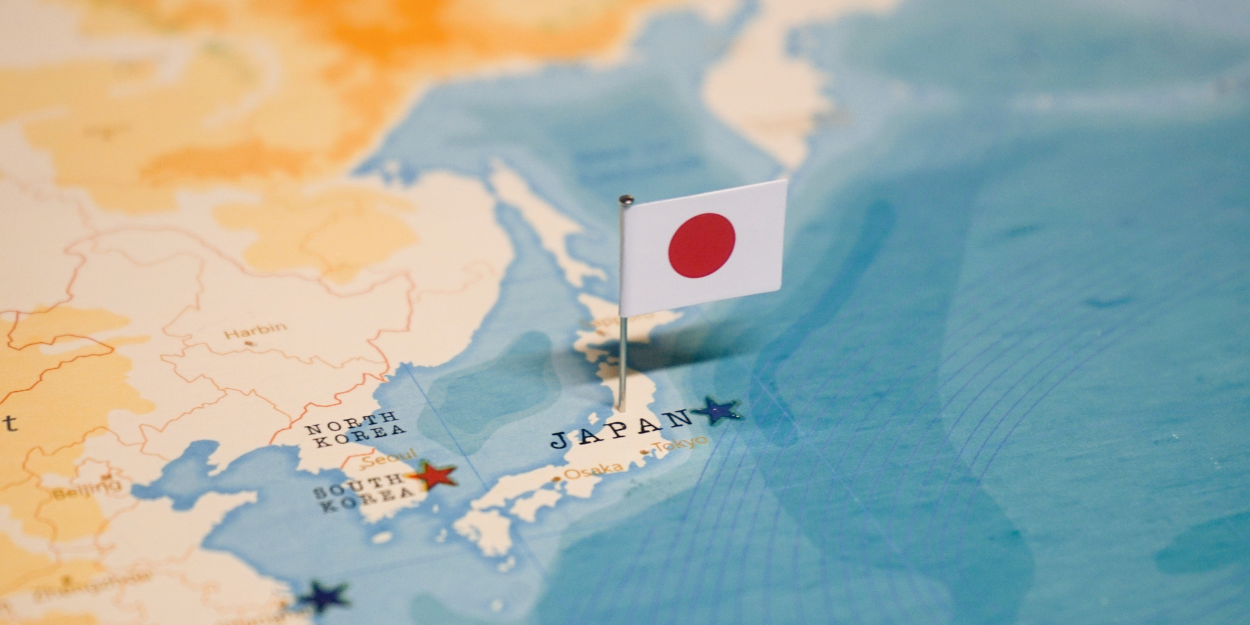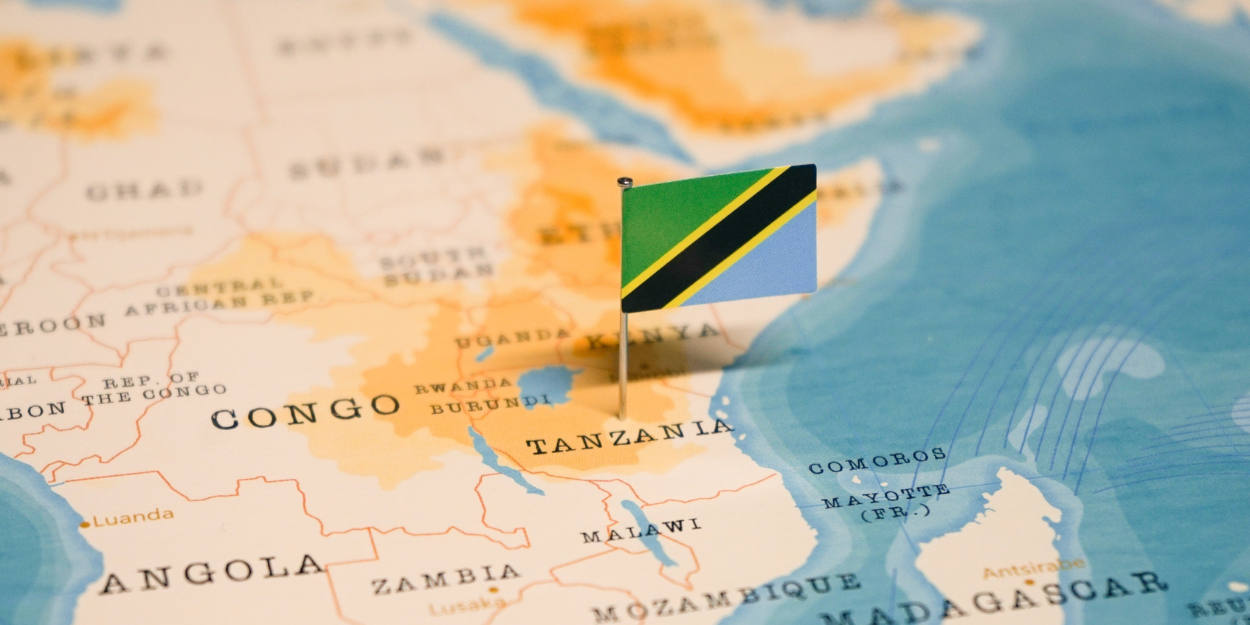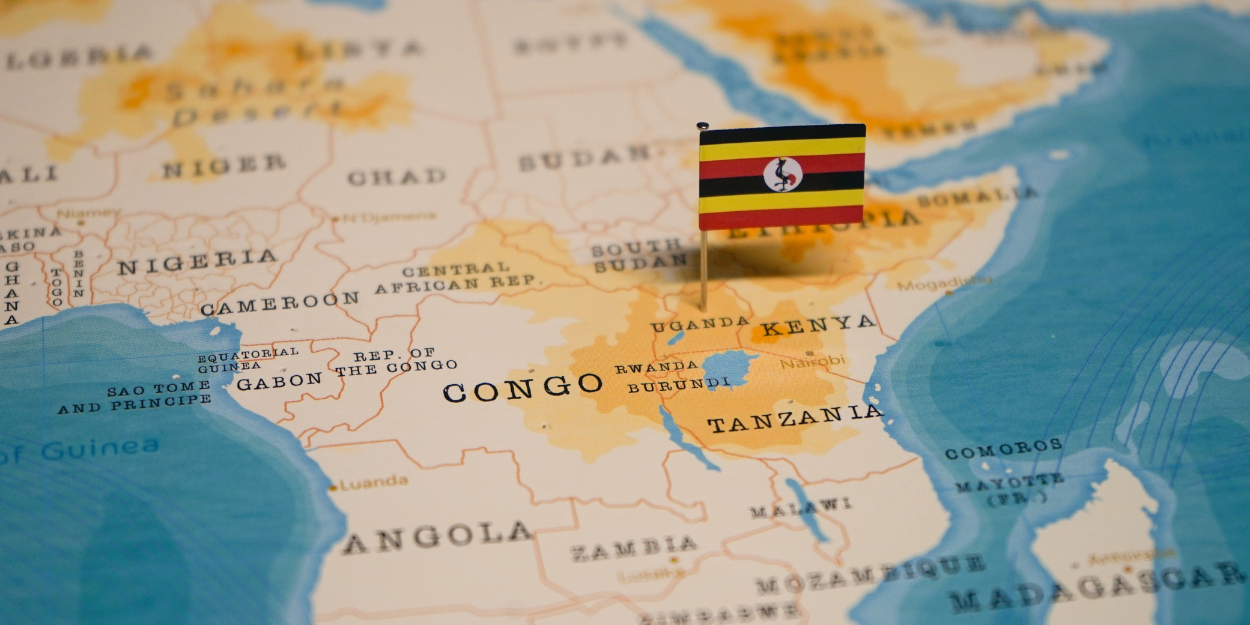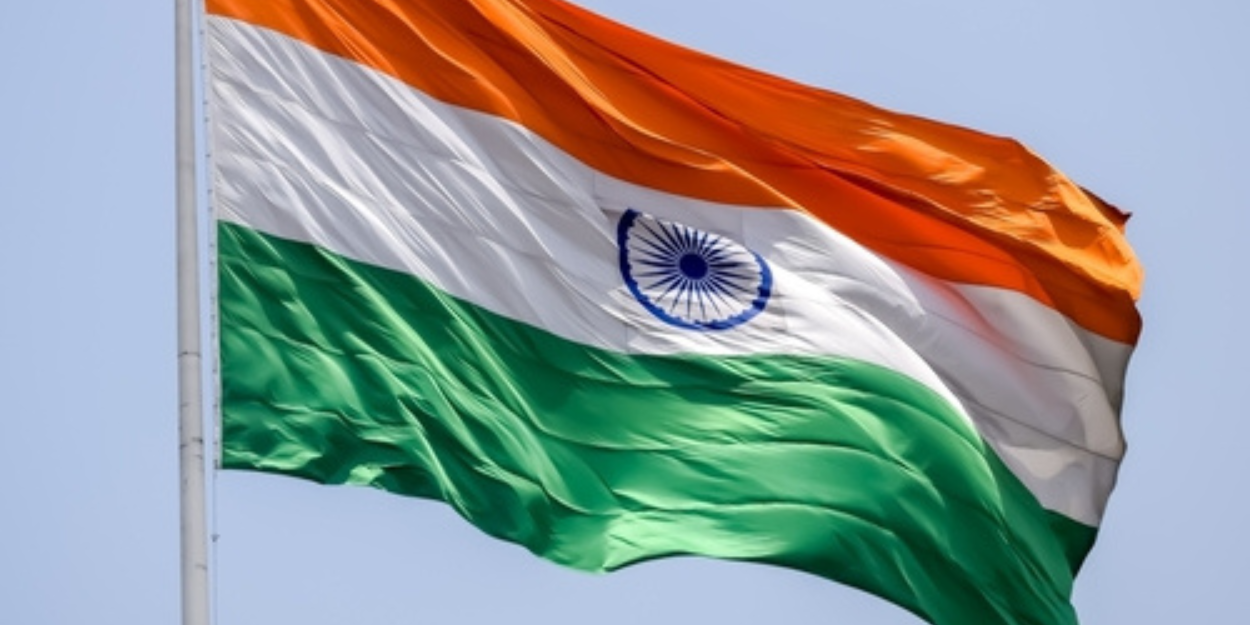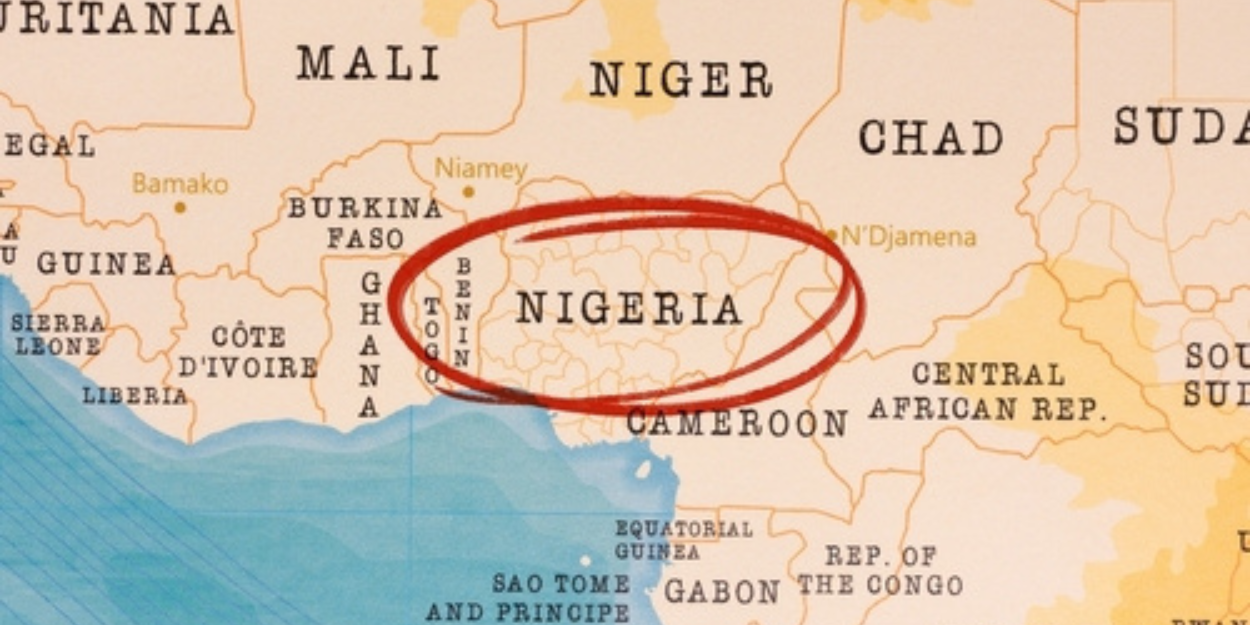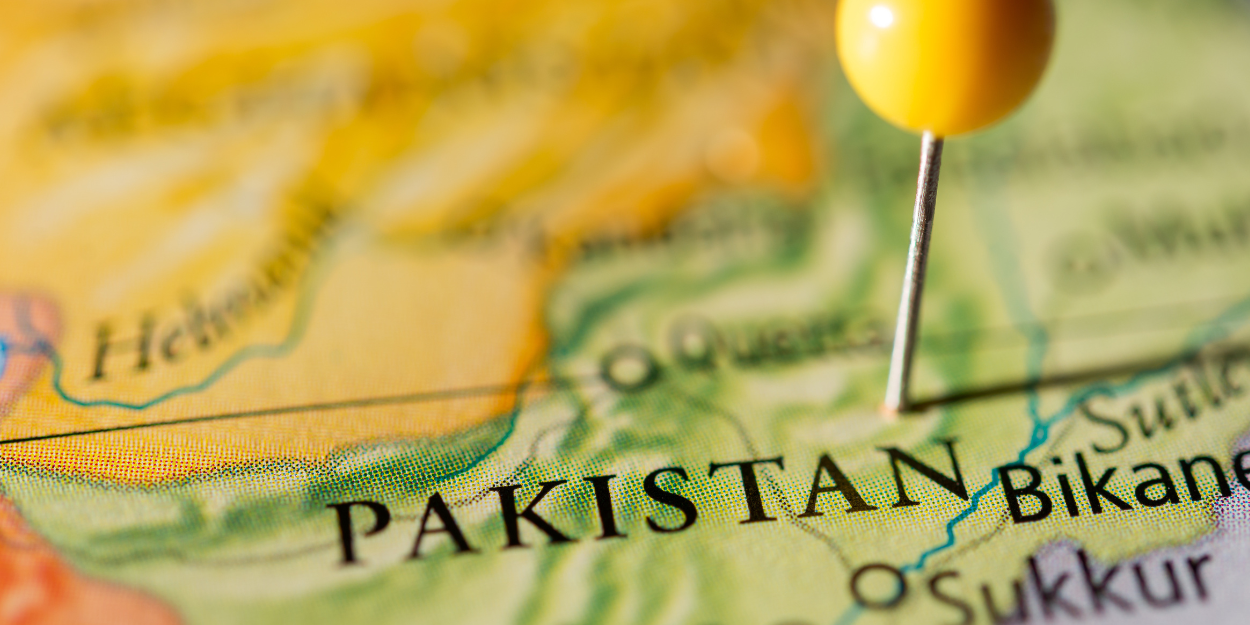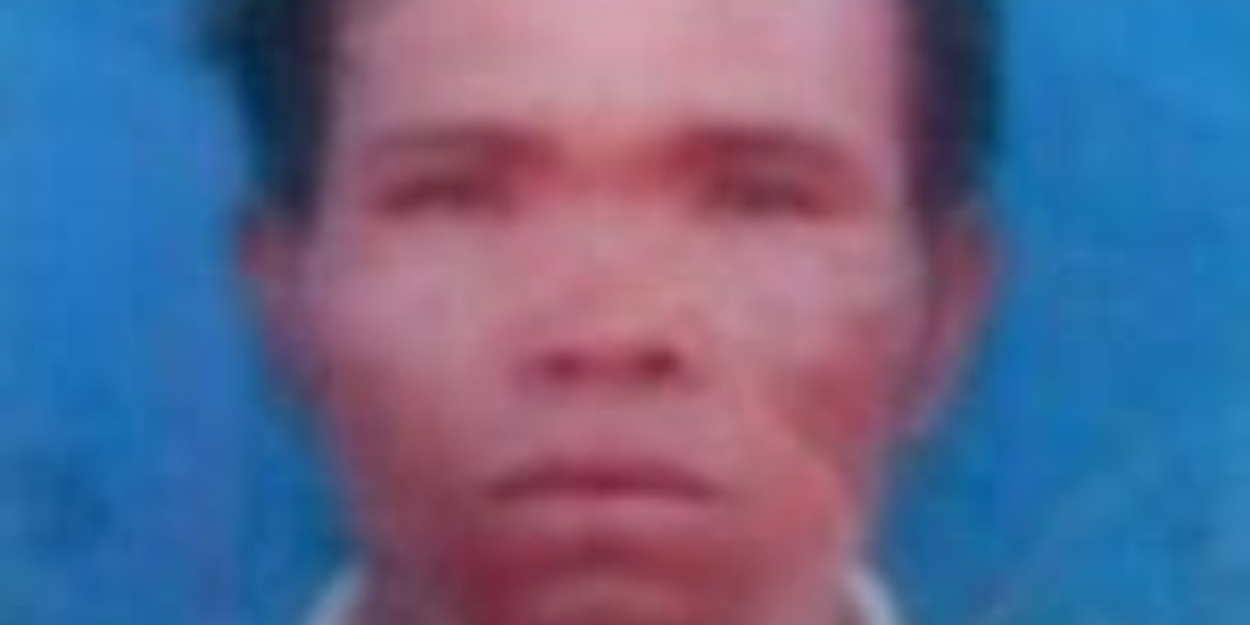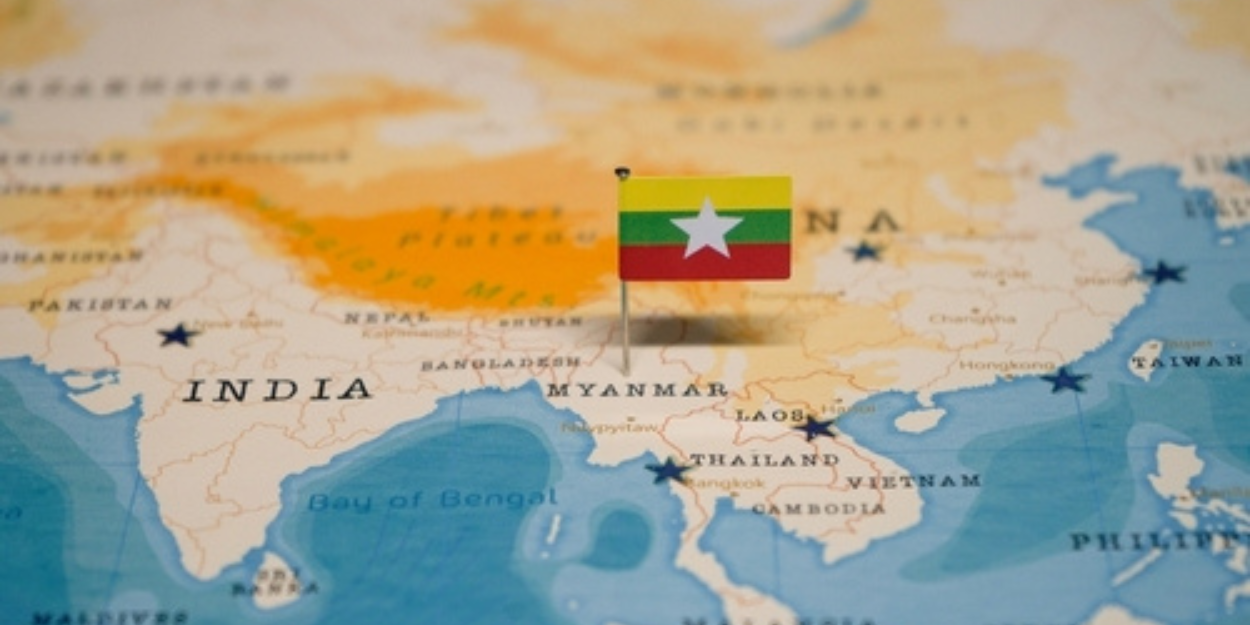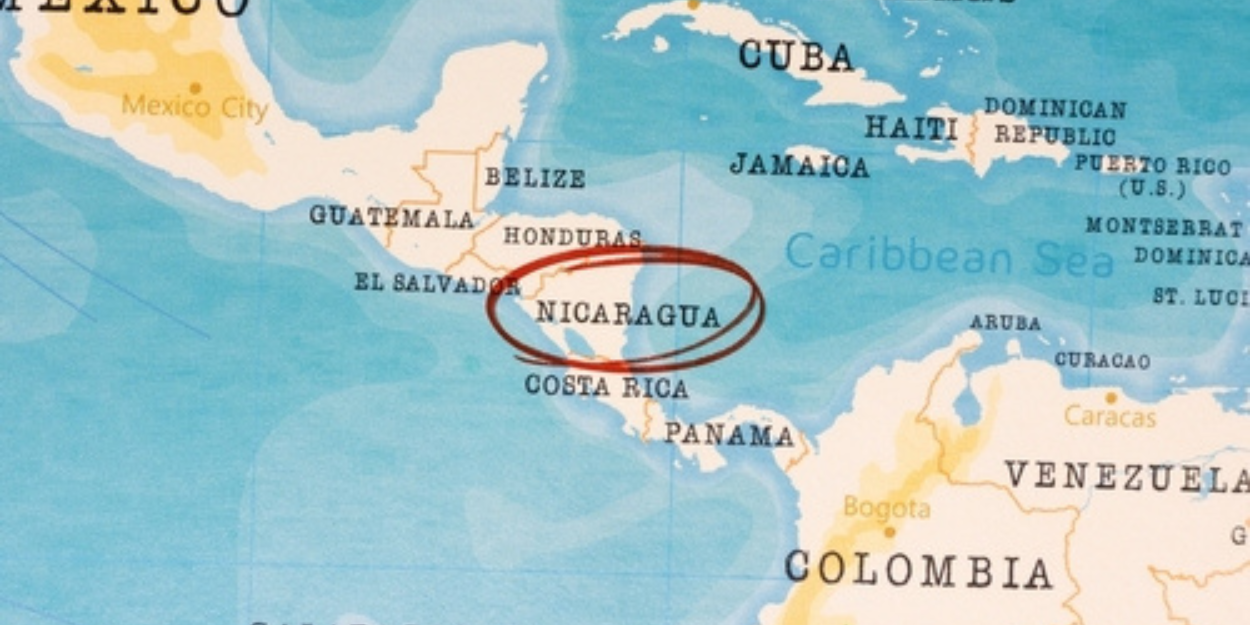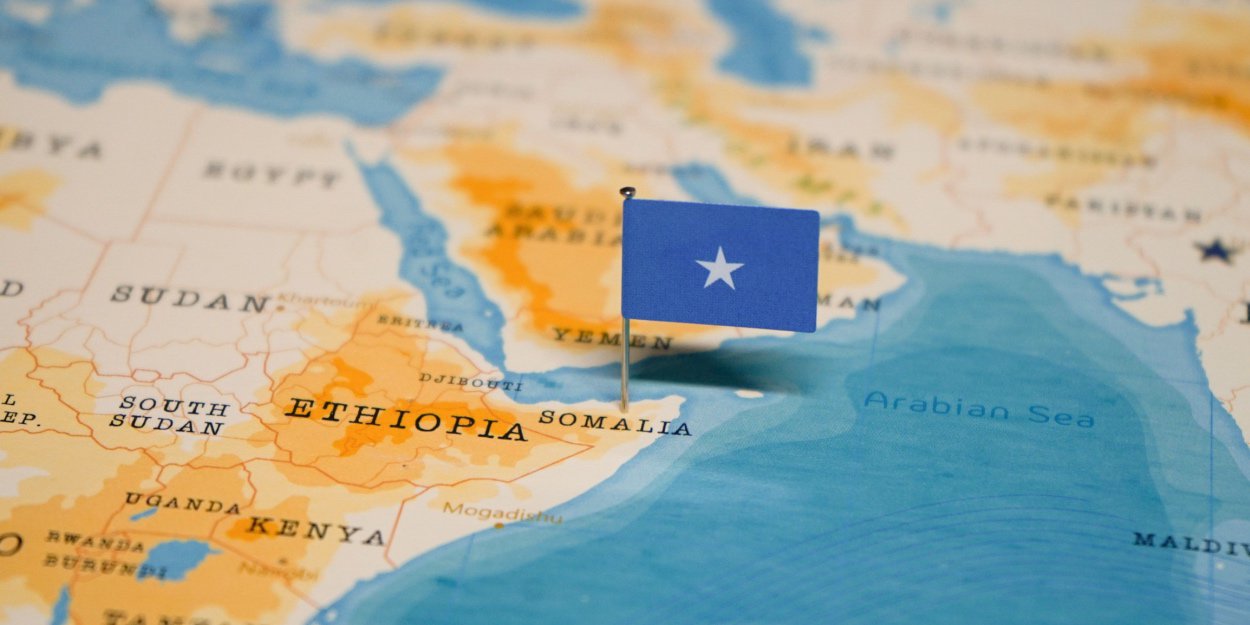
"How can we explain how good peace is when all we remember is violence?"
The organization Voice of the Martyrs shares the moving testimony of Julius Adamu, a Christian teenager from Nigeria. A victim of violence from Fulani herders, he found refuge in a Christian reception centre.
When his parents divorced, Julius stayed with his grandmother. "Life is hard for everyone because the Fulani herders attack us again and again", he explains, "there is no rest".
"It's like this: on good days we eat in the afternoon, so on those evenings our bellies don't growl. Our village has no electricity, so we sit with our neighbors, around a fire after dark. Sometimes we sing, or Grandmother tells us stories and the big ones talk until it's time to sleep on our mats. We had a kerosene lamp, but the Fulani stole it. My grandmother's house is the third house I remember. The Fulani burned the other two and stole everything: our goats and our chickens, even my two ducks. They shot our dog All our yams and the ginger grown to pay our school fees, our maize, our Indian maize and the millet from our grain store, his cooking utensils,our farm tools, our lamps, our clothes, anything worth stealing."
Puis il raconte les cris, qui préviennent de l'arrivée des assaillants, et la fuite pour sauver sa vie.
"On entend de faibles bruits au loin dans la brousse : tout le monde se tait, debout pour écouter. Criant au loin. Les Peuls. Nous attrapons ce que nous pouvons et courons vite dans la brousse, loin des cris. Mon père aide ma grand-mère. Les Peuls n'ont aucune pitié, même nos personnes âgées et nos bébés sont tués. Mon père dit que les Peuls sont pleins de tramadol, une drogue qui leur engourdit l'esprit pour qu'ils puissent faire n'importe quelle méchanceté. Nos hommes essayaient de défendre notre village, mais les Peuls ont de meilleurs fusils. Trop de nos hommes sont morts, alors maintenant nous courons tous."
En août 2020, c'est son pasteur qui l'a amené vers ce centre d'accueil chrétien. Là, il a pu retourner à l'école.
"Il est difficile d'expliquer à quel point il est différent de vivre là où nous mangeons tous bien – trois repas par jour, avec de l'eau propre à boire, pour prendre nos bains, pour laver nos vêtements chaque samedi. Nous avons de nouveaux vêtements. Nous avons des chaussures. Qu'il est bon de jouer au foot entre amis le soir sans crainte ! Nous dormons en paix chaque nuit. Nous n'écoutons pas les bruits qui nous avertissent que les Peuls sont près de notre village. Nous n'avons pas de coups de feu et de terreur la nuit. Au lieu de cela, nous entendons chanter. Comment pouvons-nous expliquer à quel point la paix est bonne quand tout ce dont nous nous souvenons est la violence ?"
His father was killed by Fulani herders. He was the only health worker in the village. In 2022, on Christmas Eve, when Julius returned to the village to see his family, Fulani people arrive. Sick, his father could not flee, but he forced his son to escape.
"I'm not ashamed that I cried because I knew there they were killing my father and I couldn't do anything but run. My father wanted me to live so I have to run and stay in I kept running through the bush until the noise behind me was very low, then I found a big tree and climbed all the way up."
The next day, Julius returns to the village. Men bury his father. That night, he was the only victim.
CM
Image credit: Shutterstock/Red Confidential


